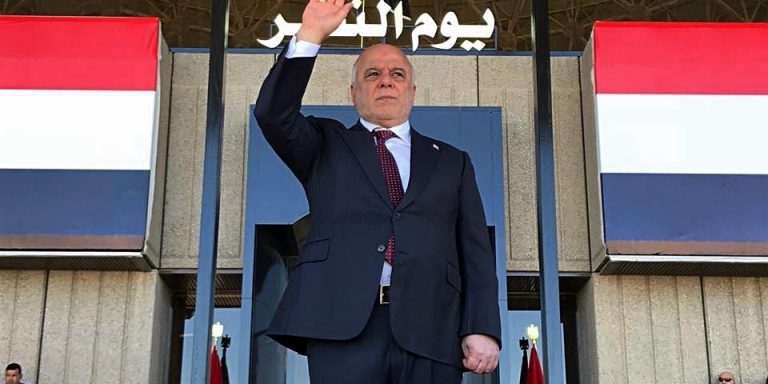INTELBRIEF
December 13, 2017
TSC IntelBrief: The Latest Military Defeat for the Islamic State

• On December 9, Iraqi Prime Minister Haider al-Abadi tweeted that his country was now ‘fully liberated’ from the Islamic State and had secured its border with Syria.
• While the conflict with the Islamic State is far from over, it is important to acknowledge the significance of Iraq’s latest campaign against the world’s most powerful terrorist group.
• The military defeat of the Islamic State was won at substantial cost to Iraq’s people and society, with a truly daunting recovery to follow that may take a generation or more.
• Now that the Islamic State in Iraq has been reduced from an occupying army to a terrorist group, Baghdad must institute effective society-wide reforms to prevent its resurgence.
It is both fitting and necessary to acknowledge the magnitude of the Iraqi people’s military defeat of the so-called Islamic State (IS). While the war against IS and its nihilistic bin Ladenist ideology has not, and may never be entirely won, beating it down from a terrorist proto-state to a terrorist group was imperative. Since the 2003 U.S invasion of Iraq, the Islamic State, and its predecessors, have brought untold death and misery to Iraq. Its power and reach was such that it threatened to derail the country’s future. Defeating IS, while contingent on many factors, is an unequivocally positive accomplishment for Iraq, the region, and the world.
On December 9, Iraqi Prime Minister Haider al-Abadi tweeted that his country was ‘fully liberated’ from the Islamic State. Abadi praised the nation’s effort against the terrorist group—using the acronym Daesh—saying ‘we defeated Daesh through our unity and sacrifice for the nation. Long live Iraq and its people.’ To put his statement in context, it is necessary to go back to June 2014, when the Islamic State took Mosul, Iraq’s second largest city toppling the regime of Prime Minister Nouri al-Maliki in the process.
At its peak as a proto-state, IS held over 34,000 square miles of land, including villages, towns and major cities in both Syria and Iraq. Millions of people suffered under its murderous rule, including more than 3.2 million people displaced from their homes, and thousands of women and children from Iraq’s Yazidi minority whom IS fighters enslaved. In addition to the untold number of lives lost during the Islamic State’s rule and the fight to defeat it, the group brutalized children and families in both countries; a cost to future generations that may never be truly measured. The Iraqi military deserved both scorn and criticism in 2013 and 2014, when it lost cities including Fallujah, Mosul, Tikrit, Ramadi and Bayji, along with control of the Syrian border, to the Islamic State. It also deserves credit for retaking those cities the surrounding territory, at great cost. The U.S. provided vital support—direct and indirect—for that effort. U.S. warplanes launched 25,000 airstrikes in the last three years, first to stop the Islamic State’s momentum, then to aid Iraqi forces as they fought to push it back. The group’s defeat at the northern Syrian city of Kobani in 2015 was the first of many from which it now appears it may never recover. When the current situation is looked at through the lens of 2014, the success of the Iraqi military—which includes the problematic but militarily important Hash’d al-shaabi Shi’a militias, is noteworthy.
Now that the Islamic State is without sufficient territory to call itself a state, it will revert to its origins as a terrorist insurgency. IS cells will likely be found in cities from Mosul to Baghdad, as well as provinces like Anbar and Diyala. Its survivors are exceptionally well-armed, and will likely present a serious, sometimes dire threat, to Iraq’s security services. Rebuilding devastated cities and healing societies ruptured by war and rampant cruelty will be more costly and difficult than the battles that retook those areas from the Islamic State. Iraq will need billions of dollars in humanitarian aid and other support, along with constant vigilance, to ensure it won’t see similar battles in the coming years.
For tailored research and analysis, please contact: info@thesoufancenter.org
.
.